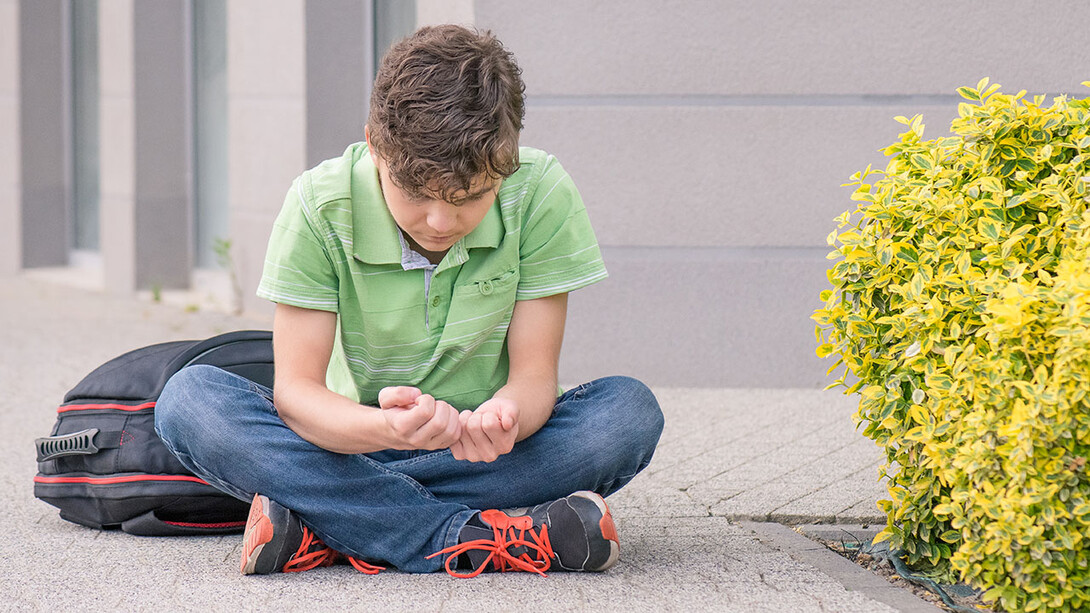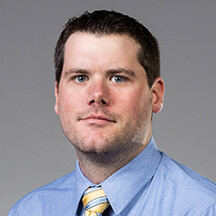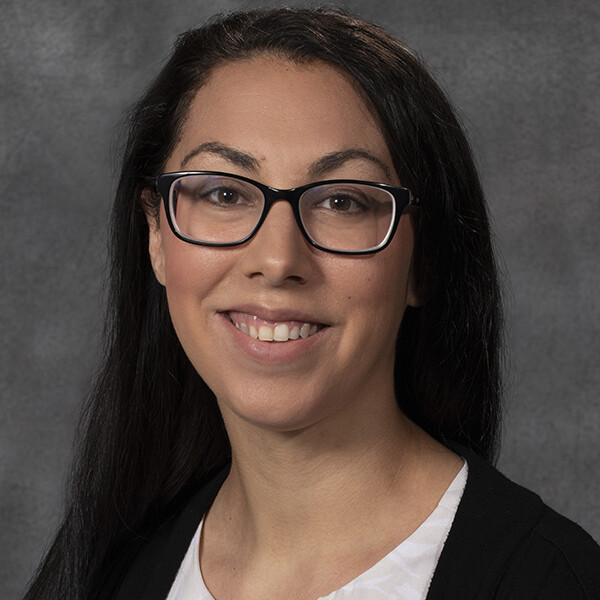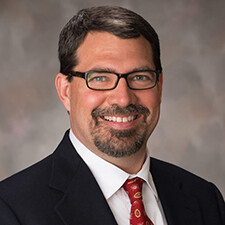
Some observers worry about the educational, social and psychological setbacks primary and secondary students could experience as they return to classrooms after more than a year of limited or no contact because of Covid-19 pandemic safety requirements. As schools resume in the region, these University of Nebraska-Lincoln faculty, affiliated with its Counseling and School Psychology Clinic, are available as resources to media covering these topics. Following are some of their observations, along with their biographies and contact information.

“I am concerned that children and youth who have already been struggling with emotional distress will be overwhelmed by their pandemic experiences. And I am concerned about short-term distress, anxiety or depression that some children will experience. Anything that we can do to ease their return to typical schooling.” — Beth Doll, professor of school psychology and licensed psychologist. She studies aspects of school and classroom systems that contribute to students’ resilience and academic success. Currently Doll works in partnership with school districts to revise classroom routines based on student perceptions and classroom data. Her investigations of students’ psychological wellness challenge typical thinking about mental health and mental health policies. She examines contributing factors to mental disturbance and psychological distress, and the tension between objectivity and meaningfulness in applied school psychological intervention. This is a special challenge for school psychology because the interventions that are easily described and quantified often are not perceived by educators as the best means to ensure psychological health. Doll began her career as a school psychologist in rural Kentucky and served as a clinic coordinator at the University of Wisconsin Madison, experiences that gave her insights in children’s mental health needs that she has applied to her research on topics ranging from childhood friendships to the pragmatics of measuring how students perceive the classroom climate. She can be reached at 402-202-0285 or ejdoll@unl.edu

“Many students have experienced social isolation and significant stress at home (e.g. financial insecurity). I am concerned about the unmet academic, psychological and social needs that have grown over the past 18 months, especially for our students in special education, many of whom were without services during this past year.” — Matthew Gormley, assistant professor of school psychology and licensed psychologist. His research focuses on students at risk for, or diagnosed with attention-deficit/hyperactivity disorder (ADHD). He is specifically interested in interventions that build collaboration between families, schools, and health care settings to support students throughout their academic careers, from elementary school to the postsecondary settings. Dr. Gormley has experience working in schools, specialty clinics (e.g., ADHD, Cystic Fibrosis), and integrated primary care settings. He is interested in the intersections and collaborations between families, schools, and health care systems both through improving the health literacy of school-based school psychologists and the integration of school psychologists into primary care offices. Gormley completed his pre-doctoral internship at the Munroe-Meyer Institute in the Nebraska Internship Consortium in Professional Psychology in Omaha, Nebraska, and his post-doctoral fellowship at Geisinger Health System in Lock Haven, Pennsylvania. He can be reached at (402)-472-2223 or mgormley2@unl.edu

“I think there is something unique about this pandemic, in that we have all collectively and simultaneously been going through this together. For children, the pandemic has caused feelings of stress, anxiety, sadness or anger. However I do believe that many children have found a sense of commonality and support in each other during this shared experience.” — Heather Hruskoci, assistant professor of practice, director of the Counseling and School Psychology Clinic and licensed psychologist. She is responsible for teaching core clinical and community practice courses in both the school psychology and counseling psychology programs. Specifically, she teachers pre-practicum in counseling psychology, clinical practice in school psychology, beginning practicum in counseling psychology, and field placement in counseling psychology. Hruskoci is responsible for providing clinical supervision to masters and doctoral students. She completed her internship training at Family Service & Guidance Center in Topeka, Kansas. She is trained in utilizing an integrative approach, incorporating elements of Cognitive Behavioral Therapy and Child-Centered Therapy, using a systems framework to treat a variety of mental health concerns (e.g., anxiety, depression, trauma). Hruskoci has worked in a community mental health center and in a private practice setting before coming to the University of Nebraska-Lincoln in 2020. She serves on the Professional Competencies and Practicum Training Committee with the Association for Directors of Psychology Training Clinics and the Academic Affairs Committee for the Nebraska Psychological Association. She can be reached at 609-230-9278 or at hhruskoci2@unl.edu.

— Scott Napolitano, program director and associate professor of practice in school psychology and licensed psychologist. He teaches classes in academic and behavioral assessment and clinical practice in school psychology. Napolitano recently was awarded a $1 million grant by the U.S. Department of Education to create a specialized training program in concussion management. Currently, he is responsible for teaching the core clinical and community practice courses and for providing clinical supervision to doctoral students in the program. He completed his internship at the Munroe-Meyer Institute and his postdoctoral training in pediatric neuropsychology at the University of Texas Southwestern Medical School. Napolitano was in private practice as a neuropsychologist for 15 years before coming to the University of Nebraska-Lincoln in 2011. His clinical and research interests are in the areas of neuropsychology, clinical supervision, and concussion management. He can be reached at (402) 472-2223 or snapolitano2@unl.edu.

“I am concerned, but I am also hopeful because we know that resilience and coping are skills that can be taught.” — Susan Swearer, Willa Cather Professor of School Psychology, Chair of the Department of Educational Psychology and licensed psychologist. She is a nationally recognized expert in bullying and peer victimization among children, youth and young adults and is the co-director of the internationally acclaimed Bullying Research Network (@Bully_Research). Her research and clinical foci are interrelated and include the examination of the social ecology that influences bullying and victimization in our schools and communities, the influence of internalizing psychopathology on externalizing behavior, and cognitive-behavioral interventions for youth and their families. Swearer was an invited presenter at the White House Bullying Prevention Conference in March 2011 and has participated in subsequent White House summits on bullying prevention and intervention in 2013, 2014 and 2016. She completed her pre-doctoral internship at Boys Town in the Nebraska Internship Consortium in Professional Psychology in Omaha, Nebraska in 1996 and joined the School Psychology faculty at UNL in 1997. She can be reached at 402-472-2223 or sswearer@unl.edu.
The Counseling and School Psychology Clinic at the University of Nebraska-Lincoln conducts psychological and education evaluations of students upon referral by schools and families and provides therapy to adults and children to address a wide range of concerns. Fees are on a sliding scale based on income. For more information visit the clinic’s webpage.







